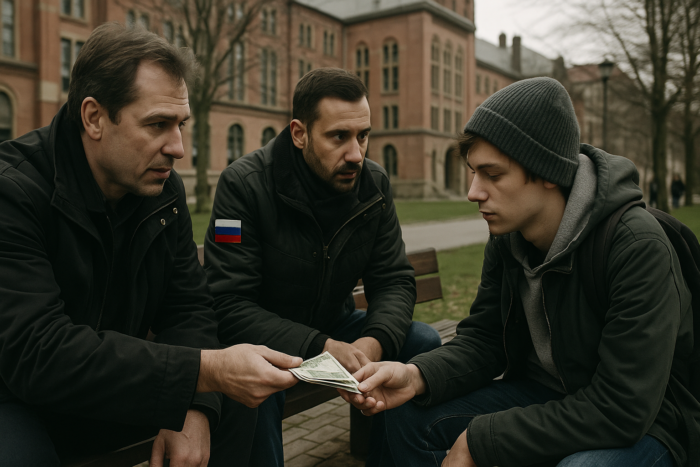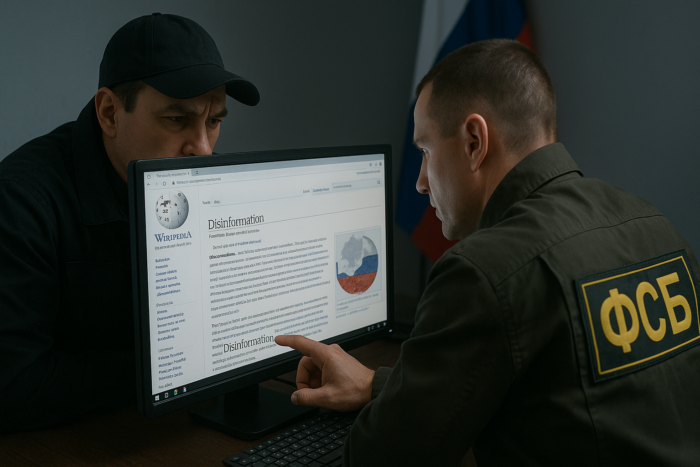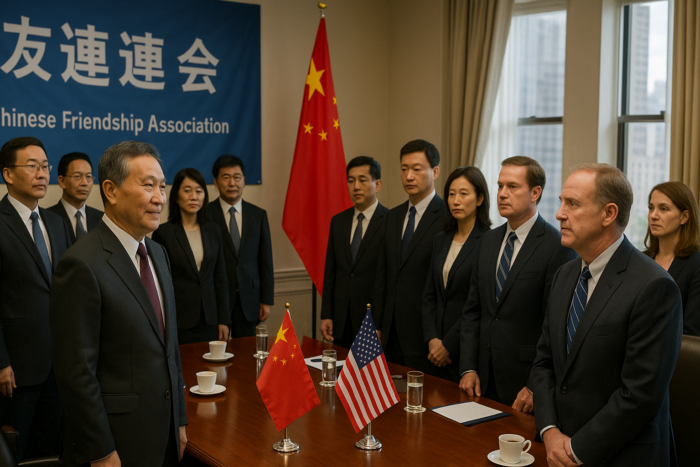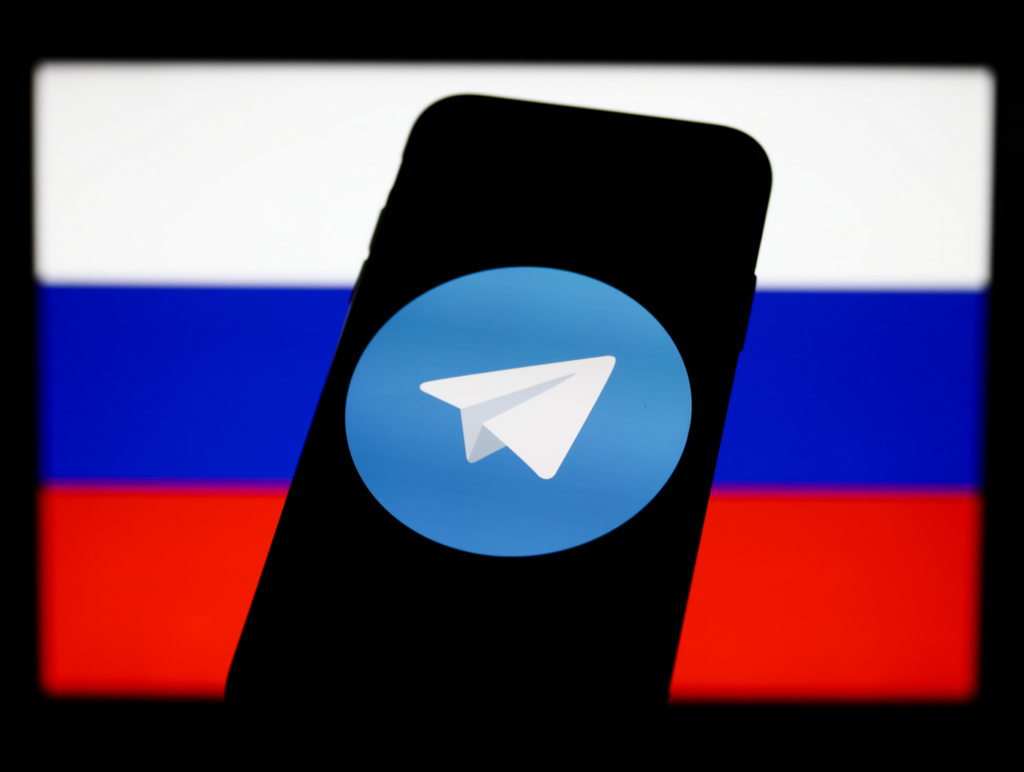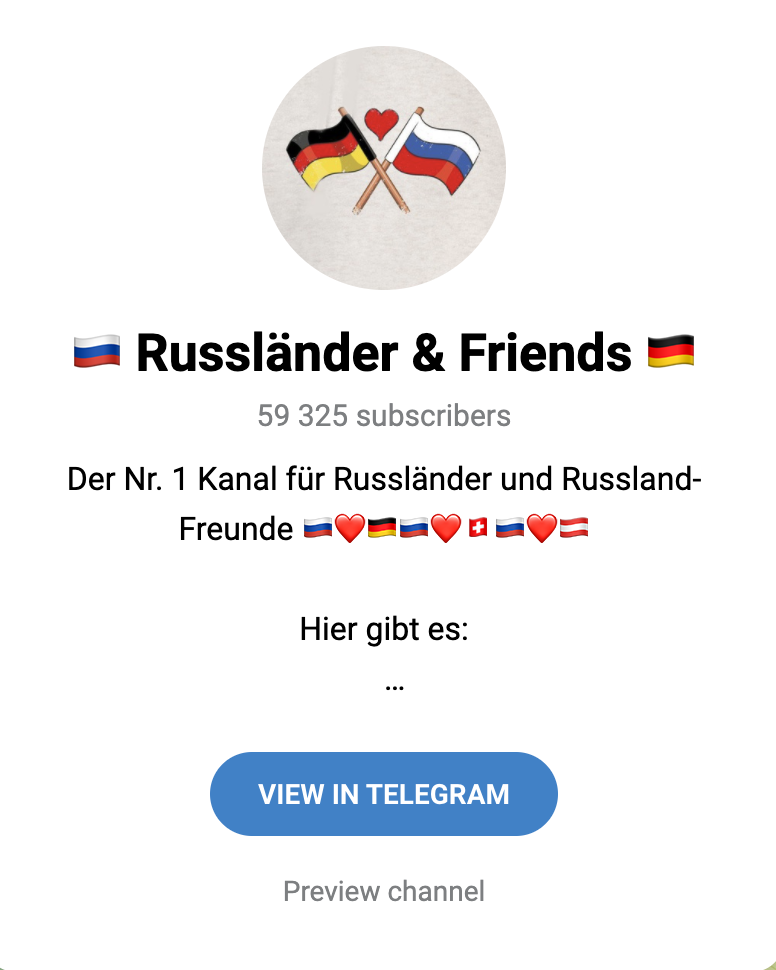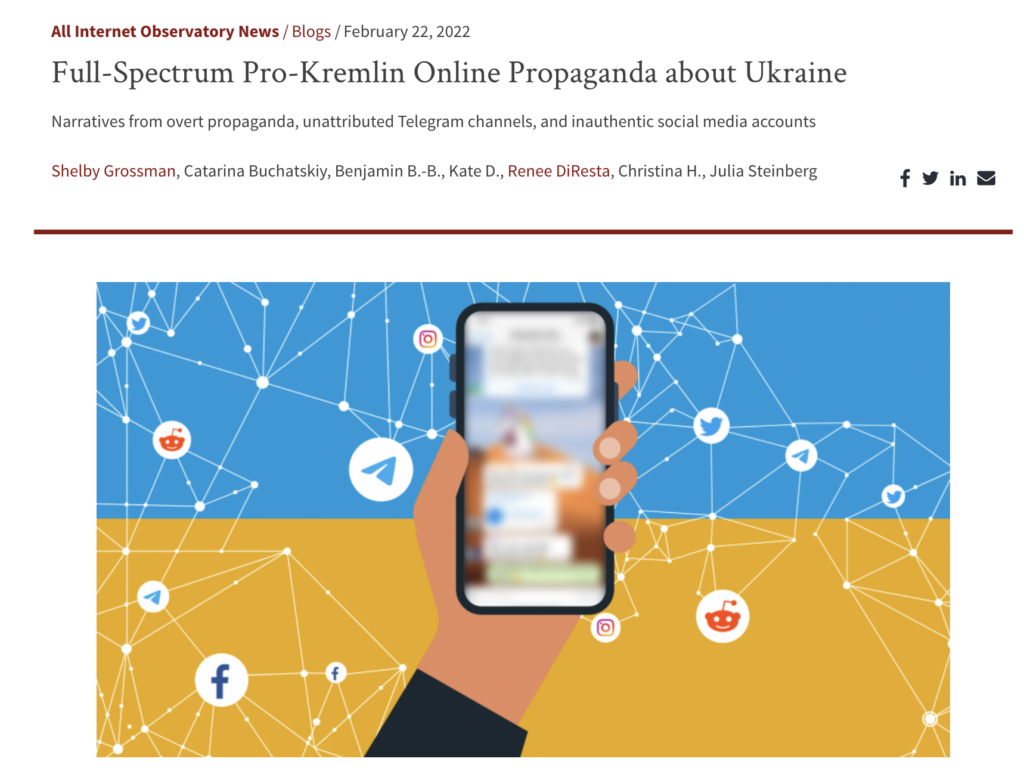The Atlantic Council’s DFRLab is reporting on a Russian Telegram channel purporting to be a fact-checking service but, in reality, itself a major source of disinformation on the Ukraine conflict. According to the DFRLab report, Война с фейками (“War on Fakes”) is now one of the top Telegram channels in Russia:
On February 23, 2022, the Telegram channel Война с фейками (“War on Fakes”) first appeared online, ending its first day with a modest 161 subscribers. It quickly skyrocketed; within two weeks, War on Fakes grew to over 625,000 subscribers and is now one of the top Telegram channels in Russia, with a reach of more than 30 million daily views. The channel, which presents itself as debunking the “information war against Russia,” spreads disinformation and propaganda under the façade of a fact-checking service. Its staggering growth since its inception indicates it may be gaining traction more broadly, including through the publishing of an English-language website. The War on Fakes’ operators describe themselves on its English-language website as “the owners and administrators of several non-political telegram channels.” They continue, “We don’t do politics. But we consider it important to provide objective information about what is happening in Ukraine and the territories of Donbass, since we see signs of an information war launched against Russia.” This introduction is intended to present War on Fakes as an objective source for fact-checking mis- and disinformation about the Russia-Ukraine conflict, despite its extreme pro-Russia bias. A pinned post to the Telegram channel points toward a Russian version of website, xn — 80aaenqccitej3b1b.xn — p1ai. The DFRLab is not linking directly to the webpage because Microsoft Edge and Firefox malware detectors both warn that the site is malicious. A scan of the channel’s posts makes it clear that War on Fakes is not objective, instead pushing content to support narratives echoed by Russian state media and the Kremlin. Its commentary refers to the war in Ukraine exclusively as the “special operation in Ukraine” (“спецоперация в Украине”), following Kremlin policy to not refer to the situation as a “war” or “invasion.”
Read the rest here.
The Global Influence Operations Report (GIOR) reported earlier this month that Telegram was emerging as one of the more covert influence vehicles Russia will be relying upon in light of the shutdown of its state media operations in the West. We also reported on some of the unique aspects of Telegram that position the social messaging service as a vehicle for disinformation.

